(Please read Part 1 first.)
I closed the door to my bedroom and sat on the hard tile floor in the spot in my Indonesian house that held the most consistent Internet. I hoped my kids would play long enough so I could finish the Zoom call with our regional manager.
My husband Brad was in Idaho for the meeting, sitting next to our regional manager on a comfy-looking couch in an office at MAF’s headquarters, where Brad had travelled for training. Two other high-level leaders—the head of member care and an MAF vice president—were in the Idaho office for the meeting.
All told, Brad would be gone from Indonesia for a month. Our time apart would be hard. But I’d done this before while he was away for training or a long airplane ferry. I’d dealt with staying alone with the kids in a flooded house, or driving alone with the kids through unexpected unrest in our town, or responding alone to desperate ministry needs with the kids calling for me from another room.
Being alone is always endurable when you have a husband who fights to be on your side.
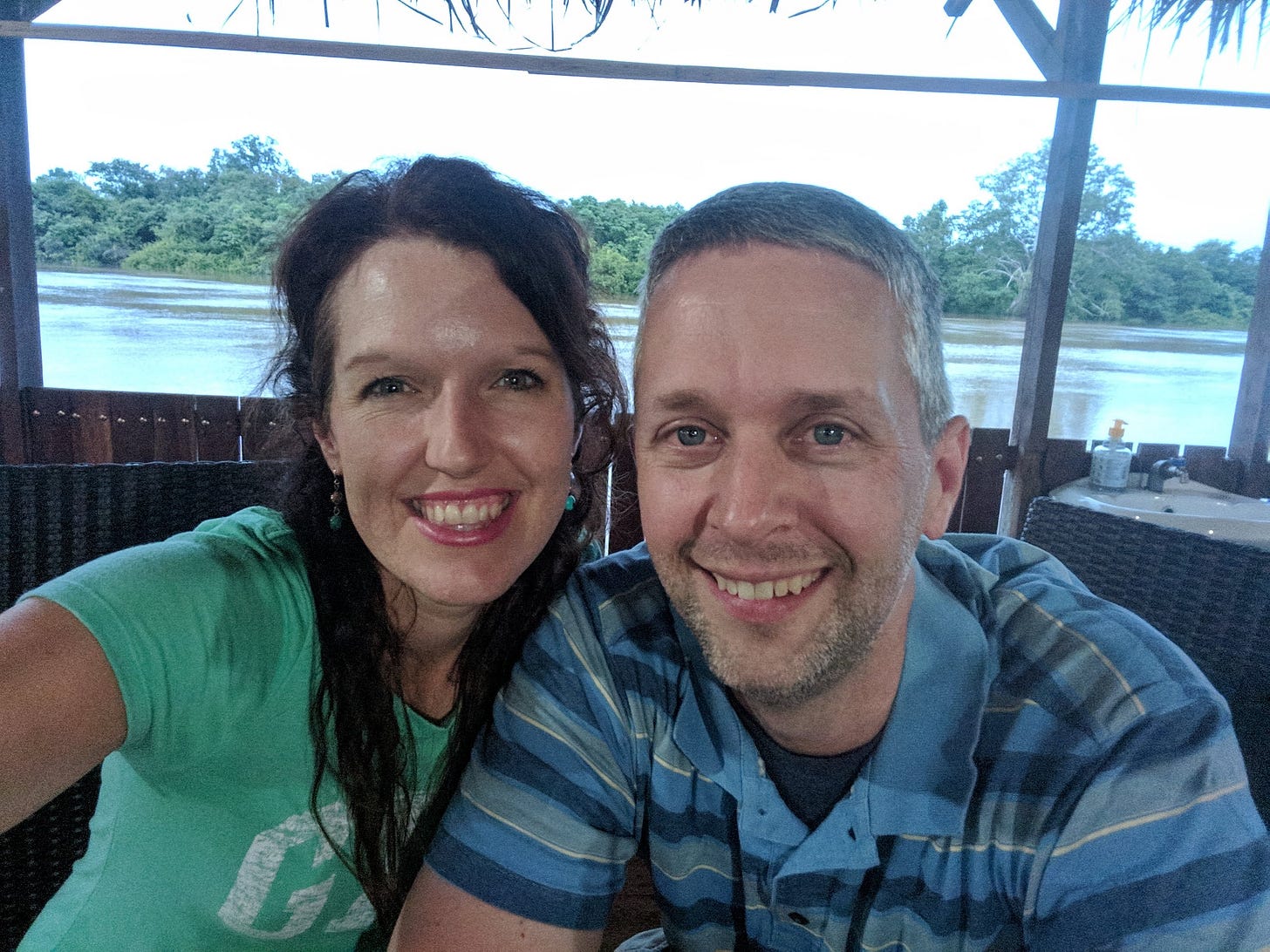
Our regional manager got right to the topic at hand—the “challenges” in Palangkaraya. But it quickly became clear that though Brad and I had been blowing the whistle for months on leadership concerns, aviation safety issues, and pastoral boundary-crossings, our manager saw only one “challenge”—Brad.
Though Brad’s respectful interactions were well documented in emails and Zoom meetings, our regional manager told Brad he didn’t “submit” to leaders and had been “subversive.” So, he was demoting Brad from base manager of our small float plane base in Palangkaraya. But that wasn’t all. Our manager was permanently removing our family from Palangkaraya.
I sat alone in Indonesia, stunned. Brad sat surrounded by leaders we’d once trusted, looking stunned.
To stay with the organization, our manager explained, we could choose to go through counseling to get to the bottom of why Brad didn't trust his leaders or an improvement plan to become more submissive. Or we could resign.
We had a week to decide.
And if we appealed or questioned this decision? Our regional manager told us in that recorded Zoom meeting that he would fire us.
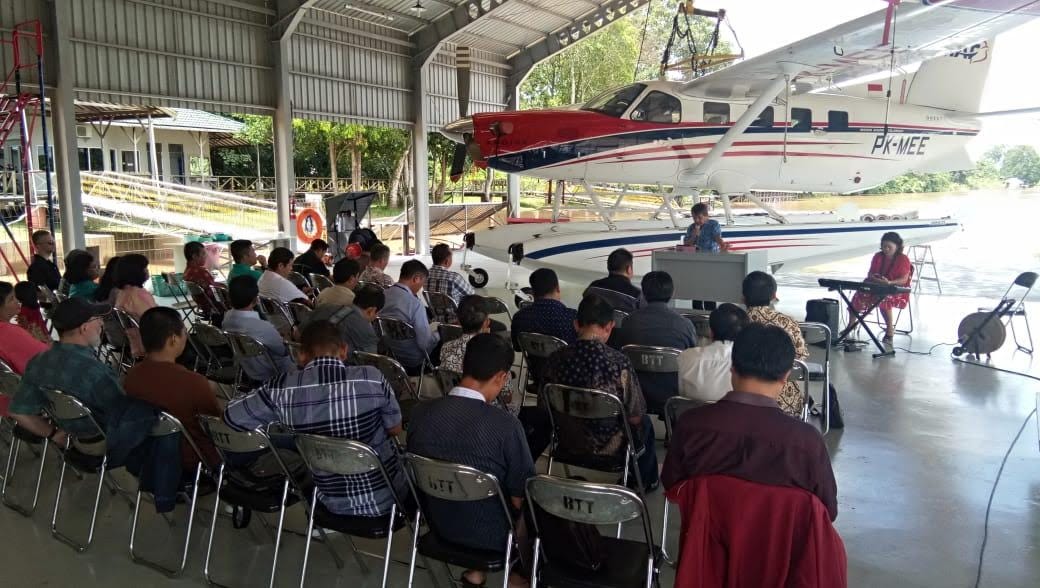
The manager of member care, from whom we’d recently asked for whistleblower protection, said in the meeting she affirmed the demotion. The MAF VP who was there mentioned he’d never met us. But he made a point to say he backed our manager anyway.
“I trust his (Regional Manager’s) judgment on this and I don't think it would be fair for me as his leader to undermine him in this situation,” the VP said in the recorded Zoom meeting. “So I'm agreeing with (Regional Manager) here and I'm backing him up. So I want you guys to hear that.”
Then the VP left early for a church meeting.
Since Brad was the only pilot at this base, our boss also stopped all flying operations. Isolated communities and unreached people were now stranded from medevac service, air support, and Gospel outreach.
I felt deep shame, feeling like I was the catalyst to a life-saving ministry ending. However, I also had a strong resolve to shout about the injustice from the Borneo mountaintops.
But I didn’t. I had a new reason to stay silent.
But first, consider a little experiment
Imagine you’re the manager of a transportation company. At a staff meeting, you announce you’ve set up new bus routes.
George, one of your employees, thinks it’s a great idea. He gives reasons for why it’ll work. He said the maintenance schedule will be unaffected. The new routes will save time and meet the customers’ needs.
However, Brandon, another employee, points out the problems with it. There won’t be enough time to change the oil in the buses or address repair requests. Over time, the buses will break down, causing delays for customers. Some changes to the plan, like hiring more people and allowing for more maintenance time, could fix the problems, he said.
Soon it’s time for performance evaluations. When you think of George, he’s the epitome of a good employee—helpful, loyal, team player. When you think of Brandon, however, you can’t put your finger on it, but he doesn’t seem to have the company’s best interests in mind. He’s a know-it-all, a complainer, and disloyal. And you just don’t trust him.
This was an experiment that researcher Ethan Burris conducted to test a hypothesis he had. If you say only supportive comments to and about your managers, agreeing with and advocating for their ideas, you tend to get good performance reviews. Your manager considers you to be a good and loyal employee. Rather, if you use a “challenging voice,” pointing out the faults in your managers’ ideas, those managers will tend to give you poor evaluations. So, it seemed like the moment the employee turned bad in the manager’s eyes, was also the moment he or she spoke up.1
Put this way, written logically in an academic journal, it makes perfect sense. Bosses don’t like people to point out problems so they don’t like the people themselves.
Lived out, though, in which the problems, if unspoken and unchanged, could lead to accidents, death, or abuse, and in which leaders back other biased leaders, it’s a bewildering injustice.
We stay silent out of legitimate fear
A 2011 survey showed almost 80 percent of people who felt more financially secure than they did two years ago are likely to blow the whistle if needed. But among those who don’t feel financially secure, only about half are willing to speak up.2
If the wrongdoing that needs to be reported traumatized you, you may cling to any amount of security or stability that remains.
After our boss ended the Zoom call in which he told us we had to leave our home and ministry, I sat in my room in shock for hours until hungry kids came asking for food. Still in the United States, Brad got very sick. But as soon as he could, he got on a plane and came home to me.
Once together, Brad was weak and jetlagged. I was stricken with grief, barely able to eat. But somehow we had to figure out how to break the news to our Indonesian teammates who would lose their jobs, to missionaries in remote areas who would lose their pilot, and to our own kids who would lose Indonesia, the only home they’d ever known.
That same week, our regional manager contacted us to pressure us to make a decision soon to stay with MAF or resign. He invited us to a Zoom meeting.
In the meeting, he said he needed an answer now so he could communicate it to staff. He seemed worried that word that flying had stopped here would lead to people figuring and then questioning why we, a 15-year MAF staff family, were suddenly leaving. He said some people knew we had reported concerns about the pastors, but he didn’t want people to think the two matters were related.
“My biggest concern here is that people will try to put something in the answer block that doesn’t belong,” he said in the recorded Zoom meeting. “And it’s not always a story that’s going to be good.”
So, he was letting us know he planned to send out an email to get ahead of the speculation and criticism of leaders. He planned to say that the reason we were leaving is because MAF had “areas of concern about us.”
I remember I was holding on by a thread. My eyes were downcast, my hair straggly, my body too thin, my voice quiet and timid. I’d once survived a lockdown for a tribal conflict just blocks from my house when I was alone with my six-week-old baby and my 2-year-old. But staring into a screen at our manager, I was terrified.
It had been 14 years since we’d lived and worked anywhere but Indonesia. Without my own work visa, I hadn’t worked a real paying job in that time. The MAF handbook was clear that we’d only get a couple small crates to bring a few things with us. We didn’t own a house and didn’t have a plan of any sort beyond MAF. We’d be starting over with almost nothing. I knew if we said or did anything that our leaders took as not submissive enough then they’d fire Brad. A firing could damage Brad’s otherwise impeccable job record (decorated Army veteran, university flight instructor, dedicated missionary pilot), severely limiting his options in aviation or missions. And the financial sacrifices we’d been honored to make to serve underresourced communities overseas left us with little buffer.
Our manager’s email to MAF staff in Indonesia didn’t mention that we had been formally reporting concerns about MAF but only that MAF had concerns about us. But I was done fighting a battle that was destroying me.
Instead I made one small request. Since MAF doesn’t have a practice of publicly communicating why people leave, I asked our manager likewise to respect our privacy. Could he say nothing, or say something more neutral to everyone, like our role there was no longer a “good fit?” I knew at this point, the best I could’ve hoped for was that we could just leave quietly.
But he said no. Ironically, he used the “truth” as the reason.
“I could not bring myself to say you are leaving PLR (Palangkaraya) because it wasn’t a ‘good fit,’” he said in an email. “That statement is not truthful.”
Was our manager trying to protect MAF’s reputation at our expense when we’d been begging for months for protection from aviation safety concerns and disturbing encounters with pastors?
And his insistence that he tell the truth? Despite the high risks that our unresolved safety concerns could create for others, it had become impossible for us to tell the truth, too.
So, I stopped.
Instead I trudged through selling off the life we loved, wept over goodbyes to our dear Indonesian friends, and then forced myself to step on a plane to leave the islands that had welcomed me so fully.
Maybe we could finally put the whole nightmare behind us.
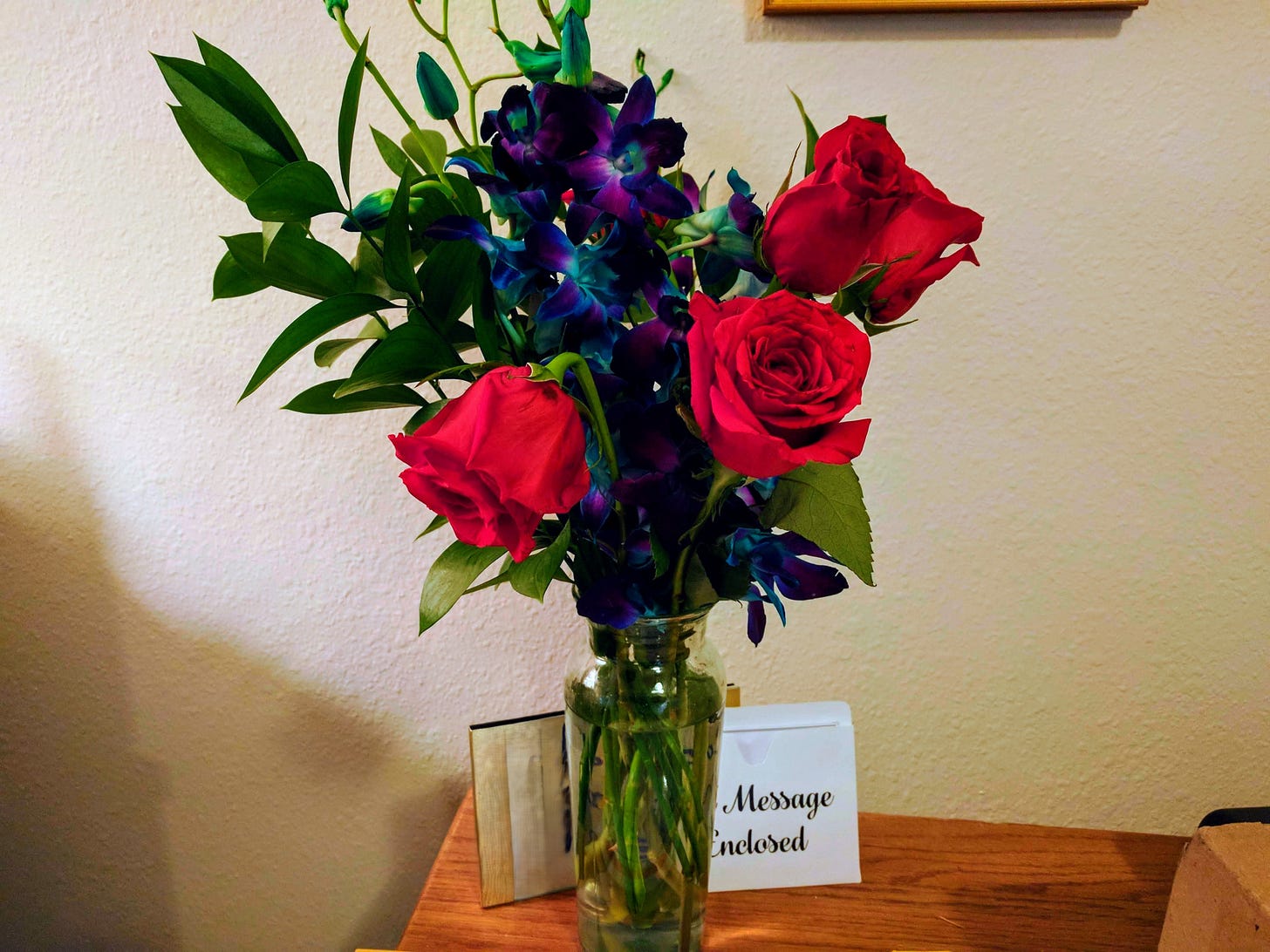
(For a deeper understanding of silencing strategies that explain our own experience—and maybe yours—check out attorney and advocate Melissa Hogan’s substack she published today.)
The reasons whistleblowers break through the silence
Almost three years after we left Indonesia, our family went on a short trip to the San Luis Valley and the Great Sand Dunes National Park here in Colorado. By God’s abundant grace and with a new loving community, we’d come a long way. The pandemic was nearly behind us. Our kids were doing well integrating into their American schools. Brad and I were busy with our new jobs but were looking forward to the break with the kids.
The first morning in the vacation house we’d rented, I woke up early to the sound of sandhill cranes, cooing and crowing. These birds winter in Mexico, but they stop in the San Luis Valley to feed at a wildlife refuge every spring on their migration to their nesting grounds further north. And their gathering attracts visitors like us.
Birds weren’t the only creatures who’ve sought refuge in Colorado. In the 19th century, many tuberculosis patients from around the country moved to Colorado, seeking its sunshine and dry air to heal.
I went outside, enjoying finally being able to walk, albeit with a walking boot, after a long recovery from three broken bones in my ankle. I sat down at a table on the back porch to watch the sun rise in pink streaks above mountains that surrounded me in every direction.
I had been choosing to stay silent to heal, rebuild, and enjoy the blooms of a fresh start. But in that moment of freedom, adventure, and refuge—with bird voices serenading the quiet—I had a thought.
It was heavy. I felt afraid. I didn’t want to think about it.
I’d just finished working on a story for Christianity Today about American missionary kids, a subset of third culture kids (TCK), who grew up in highly mobile and cross-cultural environments. They seem to live an adventurous, even privileged, life overseas, surrounded by people of faith and anchored to a life of purpose. However, TCKs reported, in fact, almost twice as many Adverse Childhood Experiences—a measurement for childhood trauma—as the average kids who grew up in the United States.3
Many MKs have been taught to carry on, to talk about only the good things, to believe negative emotions were sin, all in the name of God. Additionally, many MKs have seen and experienced a lot of abuse. Specifically, they reported emotional abuse rates three times the rate of kids who grew up in the US.4 Almost 30 percent of MKs had experienced sexual harm. And then they’d seen the organizations, made up of families and places of belongings, cover up those abuses.
Experiencing abuse had caused many MKs to reevaluate their faith all together. Many felt alone, torn from their childhood flock, with nowhere safe to land.
At that moment, I saw what we’d gone through at MAF as something to steward. Maybe for those kids. Maybe for my own.
My story. . . I should tell it. This shame. . . I should put it into words. My voice. . . I should use it again.
But I didn’t really know what to do and wasn’t sure I’d have enough courage this time to do it. The last time I’d answered what seemed like a call from God, I’d ended up in Indonesia, and we know how that ended.
I sat in quiet prayer. Soon, the idea that investing my voice was a loving thing to do deepened. In the past, I responded to what seemed like a mandate from God to quietly and sacrificially obey for the sake of a greater cause. This time seemed different. It felt like an invitation to be included in a healthier, better way to do good, with my agency and voice intact.
Under the pink sunrise, warm hope pushed out the cold fear.
Not long after, MAF published a third-party investigation that revealed how MAF leaders, including the manager of member care, had mishandled a situation of sexual misconduct with two young women, including a barely adult missionary kid. The timeline overlapped with our own whistleblowing and MAF’s response in that matter revealed similar patterns to our situation. I was devastated to think that in that case, MAF had failed to protect an MK.
So, months later, I joined a group of 15 whistleblowers to report our many concerns to the MAF board, hoping that any underlying systemic leadership problems would be revealed and changed. Then months after that, I participated in a third-party Telios Law investigation (that I regretted). A year ago, I started this substack.
(We reported these and more concerns to Telios Law, Theresa Sidebotham’s law firm, in a so-called third-party investigation that the MAF board hired. We handed over hours of recorded Zoom meetings, pages of emails, and sat for hours of interviews of our firsthand experience.
In the final report Theresa gave Brad and me, she determined that the pastors’ behavior was “inappropriate” and “disturbing.” But she determined it fell short of “spiritual abuse” because she said it wasn’t a pattern and because Theresa determined the pastors didn’t have “direct long-term spiritual authority” over me. When I challenged her conclusion by sending her a list of the pastors’ patterned behavior, reminded her of the covenant, and asked for a correction, she declined to give one.
Theresa also determined while Brad’s relationship with leaders was “very strained because of Mr. Hopkins’ dissenting views,” and that pilot staffing delays happened because of “conflicts” between Brad and leaders. But she determined whistleblower retaliation was unsubstantiated because leaders “had authority to make decisions.”
She didn’t investigate any of our aviation safety concerns. She also didn’t report from any of our 300 pages of documentation. We documented our many concerns about her investigative methods in a joint statement with other whistleblowers’ concerns about Telios Law.)
Despite my conviction to speak up, I still sometimes feel ashamed of parts of my story. (Notice I didn’t go into all the details about what happened with the pastors.) I’m also afraid of retaliation, or even of just losing more people I love. The silence from others I thought loved me can hurt more than scary words of an attorney’s cease and desist letter.
But my many reasons to speak up—MK advocacy, truth, love, beauty, freedom, connection, integrity, hope, change, justice—grow stronger by the word.
Thanks for listening. May you find your way back to your words through these.
Ethan Burris, “The Risks and Rewards of Speaking Up: Managerial Responses to Employee Voice,” Academy of Management Journal, 2012.
Ethics Resource Center, Inside the Mind of a Whistleblower: A Supplemental Report of the 2011 National Business Ethics Survey, 2012.
Tanya Crossman and Lauren Wells; “Caution and Hope: The Prevalence of Adverse Childhood Experiences in Globally Mobile Third Culture Kids,” June 2022. Available at https://www.tcktraining.com/research
Rebecca Hopkins, “What Is a Missionary Kid Worth?” Christianity Today, Nov. 21, 2022. Available at https://www.christianitytoday.com/ct/2022/december/missionary-kid-abuse-statistics-safeguard-prevention.html.







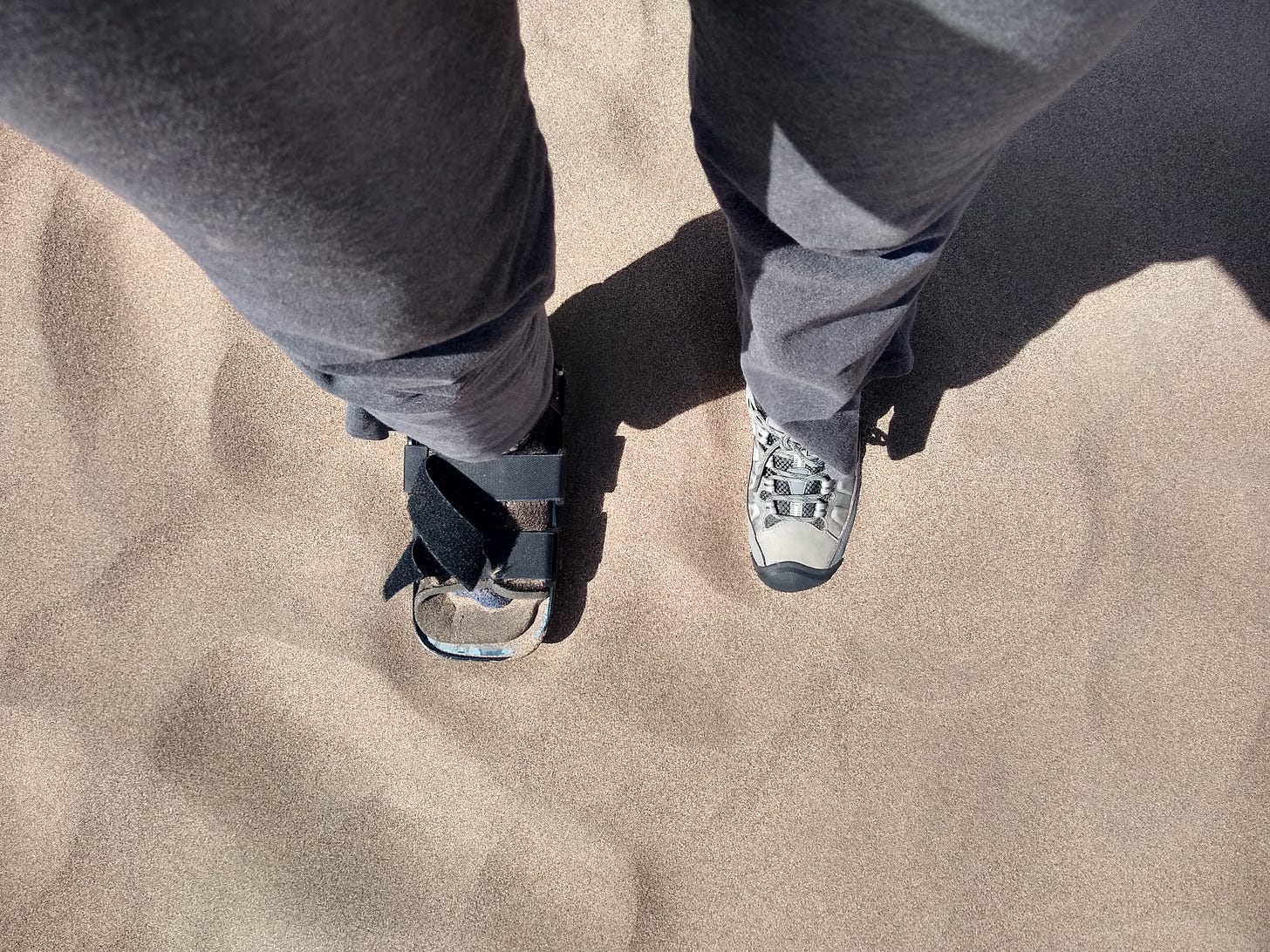
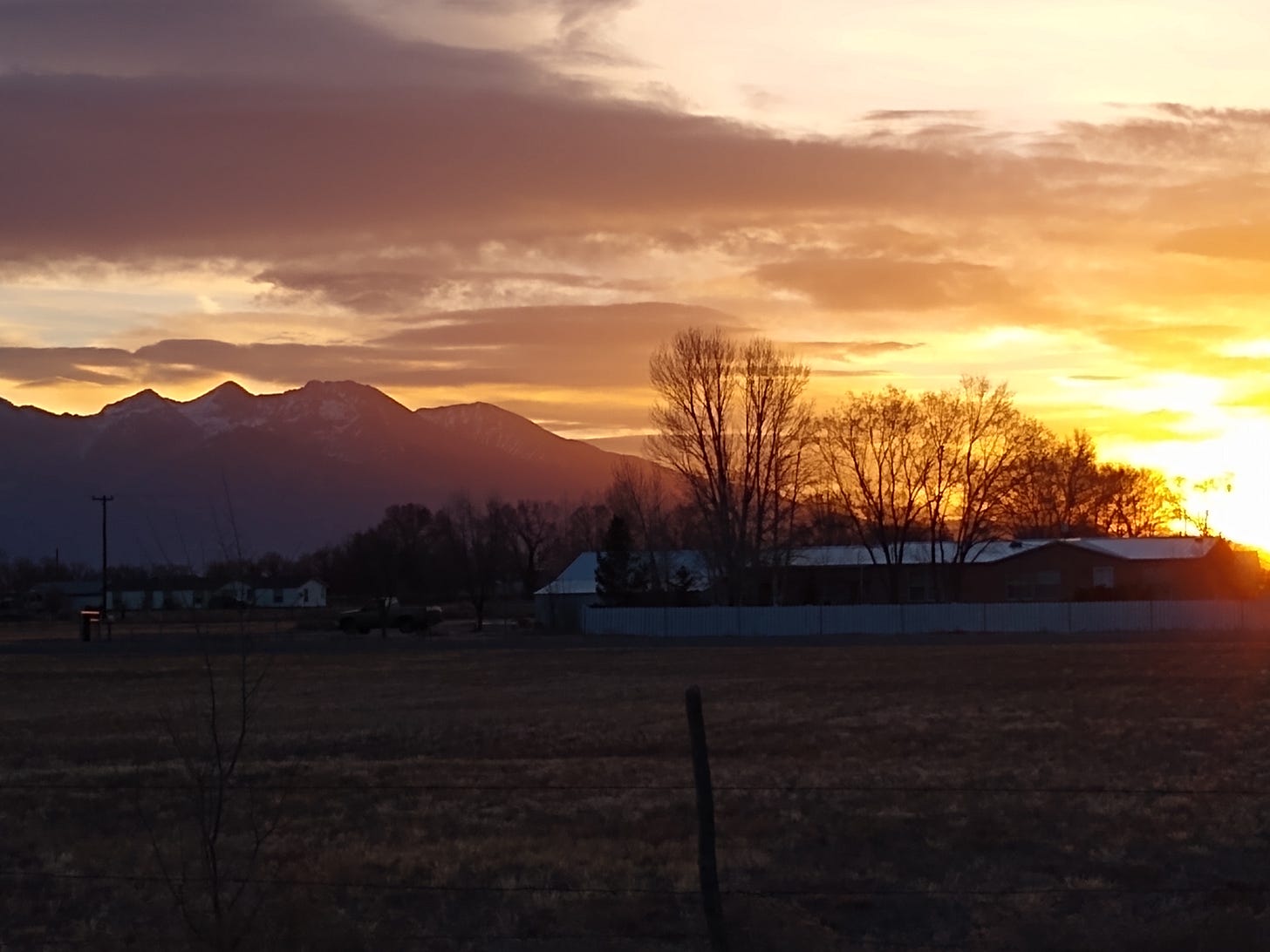
Thank you so much for this. It means a lot that you wrote, especially as a former MAFer.
Thank you, thank you, Rebecca, for having the courage to share this story. I deeply resonate with what you say about God's calling: "In the past, I responded to what seemed like a mandate from God to quietly and sacrificially obey for the sake of a greater cause. This time seemed different. It felt like an invitation to be included in a healthier, better way to do good, with my agency and voice intact." I am SO GLAD that you felt able to respond to that invitation (not a demand, but a gentle calling that respects your health and dignity)! What you write will be a blessing to so many.